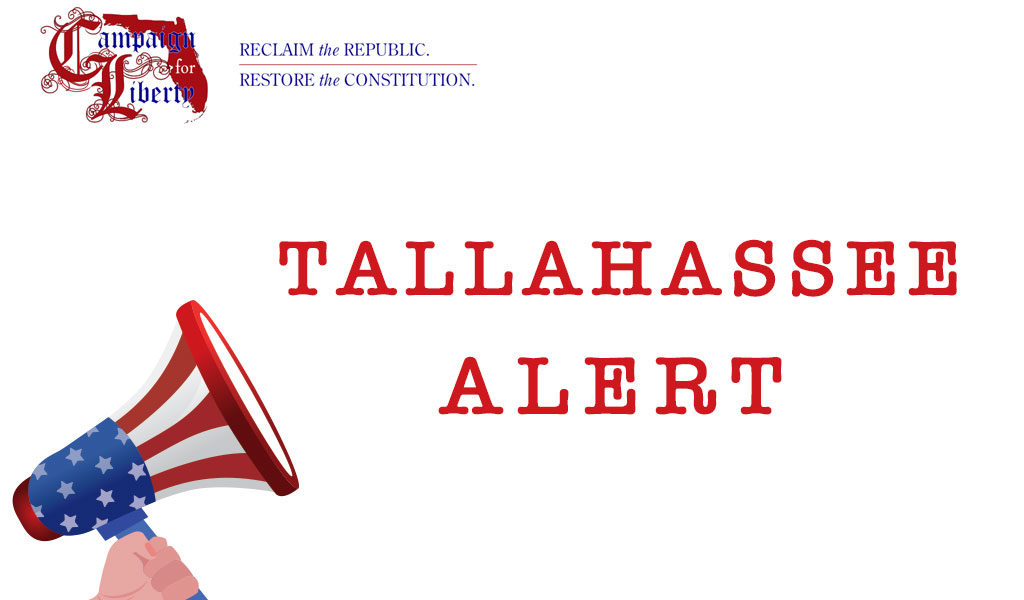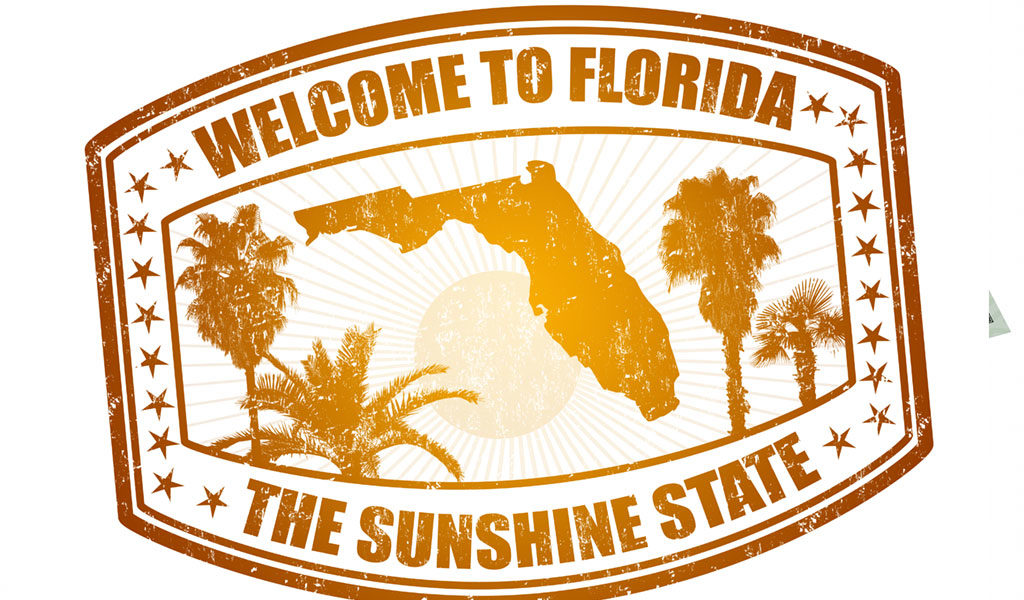Cut Spending Now!

John Hallman Announces the “CutSpendingNow” Project.
April 22, 2020
Because of the coronavirus shutdown of our economy in Florida, economists are projecting a dramatic drop in state revenue, such as the sales tax which is one-third of the revenue legislators have when crafting a budget. Reduction in cars on the road is reducing state gas tax revenue. Last month the Florida Legislature passed a record spending budget of a little over $93 billion. It is obvious that there will not be enough revenue to fund the budget. The question is what will the Governor and Legislature do to address the shortfall that is projected to be approximately $3 billion over the next two years? The Republican Liberty Caucus of Florida believes this is an opportunity for the Legislature to seriously look at spending reductions and we are forming the “CutSpendingNow” project to advocate for needed spending cuts. We will start by asking the right questions.
As we scrutinize the state budget in search of savings opportunities, three crucial questions will be asked of all government functions:
1 Should the government be doing this at all? (If it is something that can be done effectively by the private sector, then the state government should not be wasting resources and energy doing it.)
2 How can it be done better and cheaper?
3 How can we apply technology to enhance services and
cut costs?
The Florida Legislature needs to understand that when the economy is strong and revenues are plentiful does not mean spend it all. As we experienced in 2008 and now in 2020, the economy can tank.
Sign up for e-mail alerts and stay up to date on this project.








